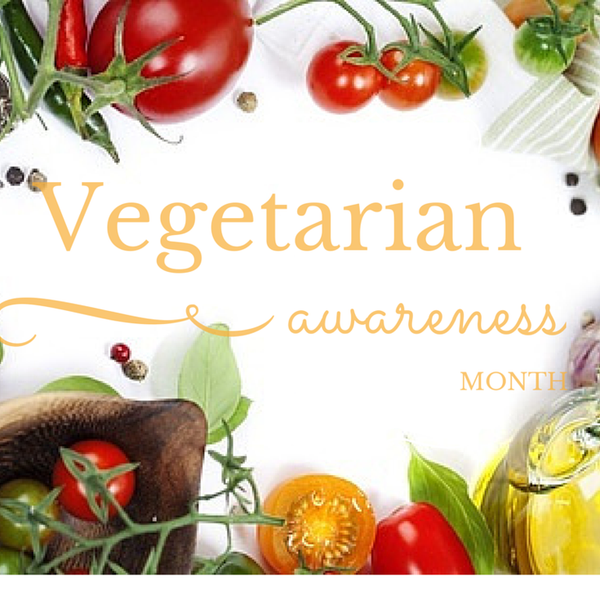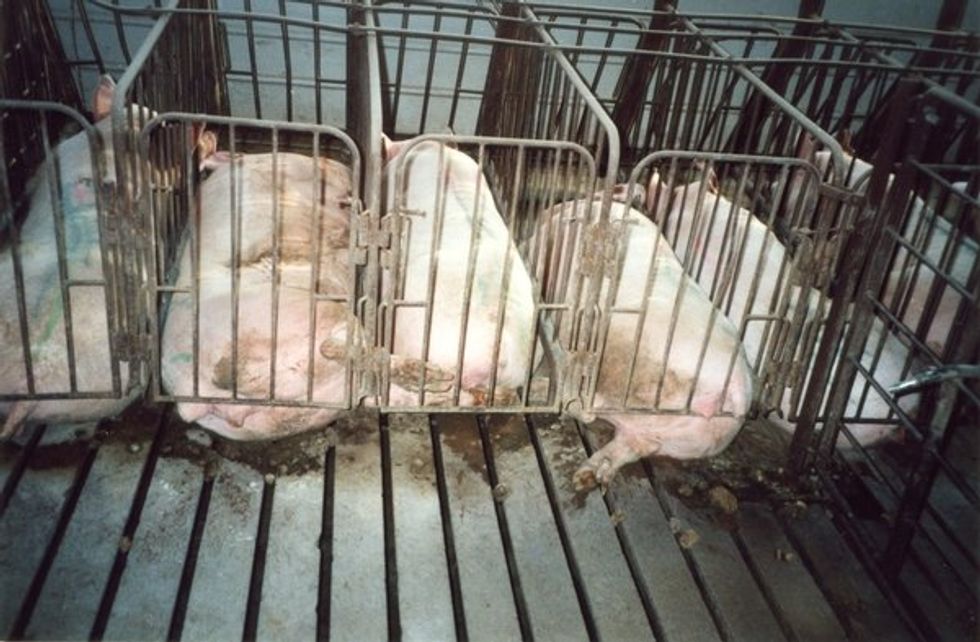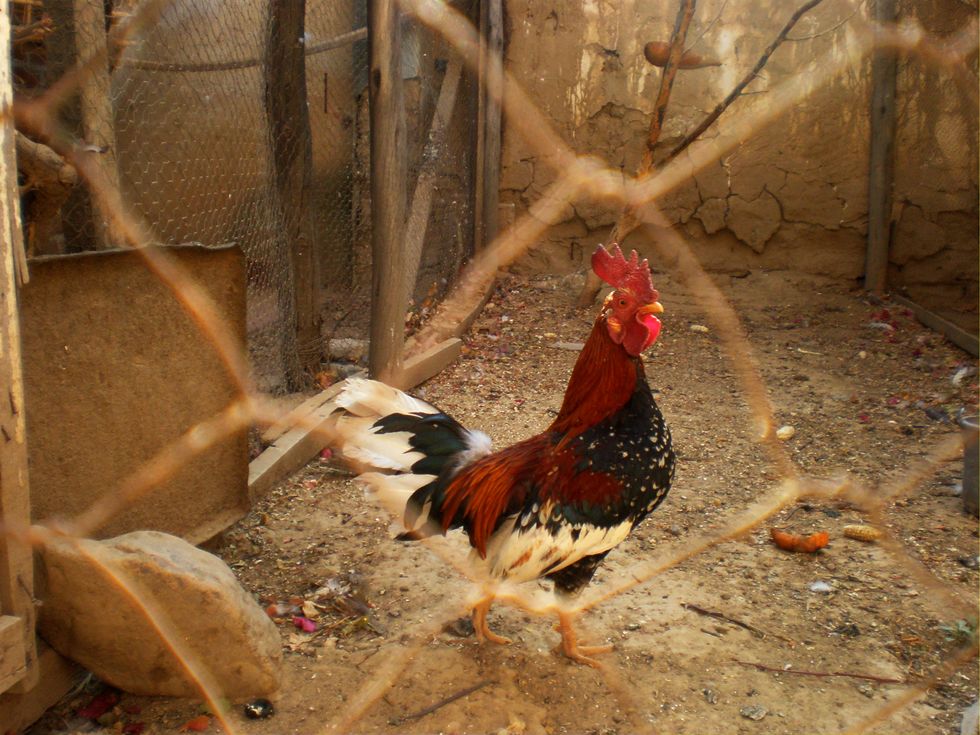Ah, the farm life: sprawling seas of emerald grass spotted with grazing animals, quaint little farmhouses with chickens clucking around the yard.
The American media portrays our meat industry as a traditional part of the country lifestyle. Commercials featuring singing cows and talking bacon mislead the public. There are no idyllic pastures or happy animals. There is no farm.
Every year, 9 billion animals are killed. Out of these, 99% are slaughtered in cold, steel warehouses, floors slick with blood. Calling them farms is a horrific misnomer. These institutions exploit animals and human employees in a sickening manner with complete disregard for the repercussions. I do not advocate veganism, rather informed consumption. Our public needs to be educated about what ends up on their plate and how they can make a stand against the inhumane practices employed by the factory farming industry.
The most obvious victims of the industry are the animals themselves. They are deprived of proper nourishment, adequate space, and social experiences vital to their development. The American food industry has turned breathing, thinking, feeling creatures into dispensable objects with the sole purpose of satiating the gluttony of our people.
Pregnant pigs are kept in 6x2 feet gestation crates for most of their reproductive life, a space so small they can’t even turn around. Within weeks of the piglets’ birth, they are ripped away from their mother and thrown into their own growth and breeding pens, divested of the maternal care they need.
Chickens are one of the most consumed animals in America, fueled heavily by our fast food industry. Demand for poultry meat is so high that the birds are drugged to grow unnaturally large in an unnaturally short amount of time. Within six weeks, they are taken away to their slaughter, never having seen the sun. When it comes to eggs, male chicks are considered worthless and tossed into garbage bags to be crushed while egg-laying females enter tiny steel cages and prepare for a life of machine-like slavery. It’s barbaric.
The cruelty is not restricted to meat. According to the ASPCA, dairy cows produce “100 pounds of milk per day--10 times more than cows living just a few decades ago.”
Cows, like all mammals produce milk to feed their offspring. If a cow isn’t pregnant or doesn’t have a calf, no milk is produced. Dairy cows are artificially inseminated in order to trigger milk production and as soon as the calf is born, it is removed so that milk can be collected. These cows are almost always pregnant yet never get to fulfill their roles as mothers.
In order to meet the American appetence for meat, animals are injected with steroids like rBST, a growth hormone used in cows. The funny thing is, rBST has been “banned in Canada, Australia, Japan, and all twenty-seven countries of the European Union”. It’s proven to cause udder infections, lowered fertility rates, and paralysis in cows, yet a ban on the hormone in Ohio was recently overturned. Ethics are thrown out the window when it comes to making a profit.
The conditions in which livestock are kept are stomach-turning at the best. Thousands of creatures are packed into windowless rooms, eating and sleeping in mounds of their own feces. Even the most basic hygienic necessities are ignored. Disease is not only possible, but ubiquitous. Animals develop tumors, lesions, and infections that easily spread amongst a population. These individuals are not culled out. When they reach the slaughterhouse, damaged parts are cut off and the rest of the animal moves down the assembly line.
Lives of other animals are often hard to empathize with. However, when the detrimental effects of factory farming hurt our fellow Americans, the problem is hard to ignore. To combat the side effects of drugs and poor sanitation, antibiotics are force fed to the animals. The milk and meat that comes out of these factories have high concentrations of these drugs, building bacterial resistance in humans. Recently, retail ground beef has even been found with antibiotic resistant salmonella. Although most of these products are deemed safe to eat, long-term effects of antibiotics are yet to be substantially documented.
The lesser known victims of this industry are the employees themselves. Upton Sinclair’s classic novel, The Jungle, exemplified the lives of immigrant factory farming workers in America’s Industrial Age. Pitiful wages, hazardous conditions, and a lack of basic benefits plagued the workforce in the early 20th century. Hidden behind a corporate facade, the same tortures remain in present day. Workers are exposed to unhealthy amounts of ammonia, methane, and bacteria and over 70% report suffering from bronchitis each year. The meatpacking industry also reports 27 times more repeated-trauma injuries than the average of all other fields.
A large percentage of employees are immigrants; many are undocumented. These workers are actually preferred by corporations because they will not complain about low wages and injuries out of fear of deportation or being fired. More than 60% of employees are under the poverty line, working long hours, and still don’t make ends meet. The abusive job they have is vital to supporting their families and they cannot afford to quit. Companies gladly exploit these people in what is essentially servitude. The injustices committed against employees of the industry are just as inhumane as those against the animals. They are all dispensable, replaceable, parts of an unstoppable machine.
It may seem that the only solution to this problem is to stop eating animal products. The mere concept of vegetarianism is daunting to some. There is a much simpler way to make a stand against factory farmed meat. By making a conscious effort to buy locally grown products, not only can we resist the system that monopolizes the market, but we can support modest American farms that are often run out of business by massive corporations. The benefits of local produce outweigh the extra dollar that it may cost. Animals raised on small farms have natural, hormone-free diets, making it a healthier option to put on the table. There is also little to no animal abuse, and instead of enslaving a population of migrant workers we can provide a customer base for farms in our community. The “Locally Grown” label is becoming increasingly popular in grocery stores, and farmers’ markets are a surefire way to know you are getting real, healthy meat while being a conscious citizen.
Know where your food comes from and how it’s made. Be aware of what lies behind the products you buy. Together we can encourage a movement that brings us away from the savagery that is factory farming. Being human is more than being at the top of the food chain, it’s being caring enough to know what’s at the bottom.






















